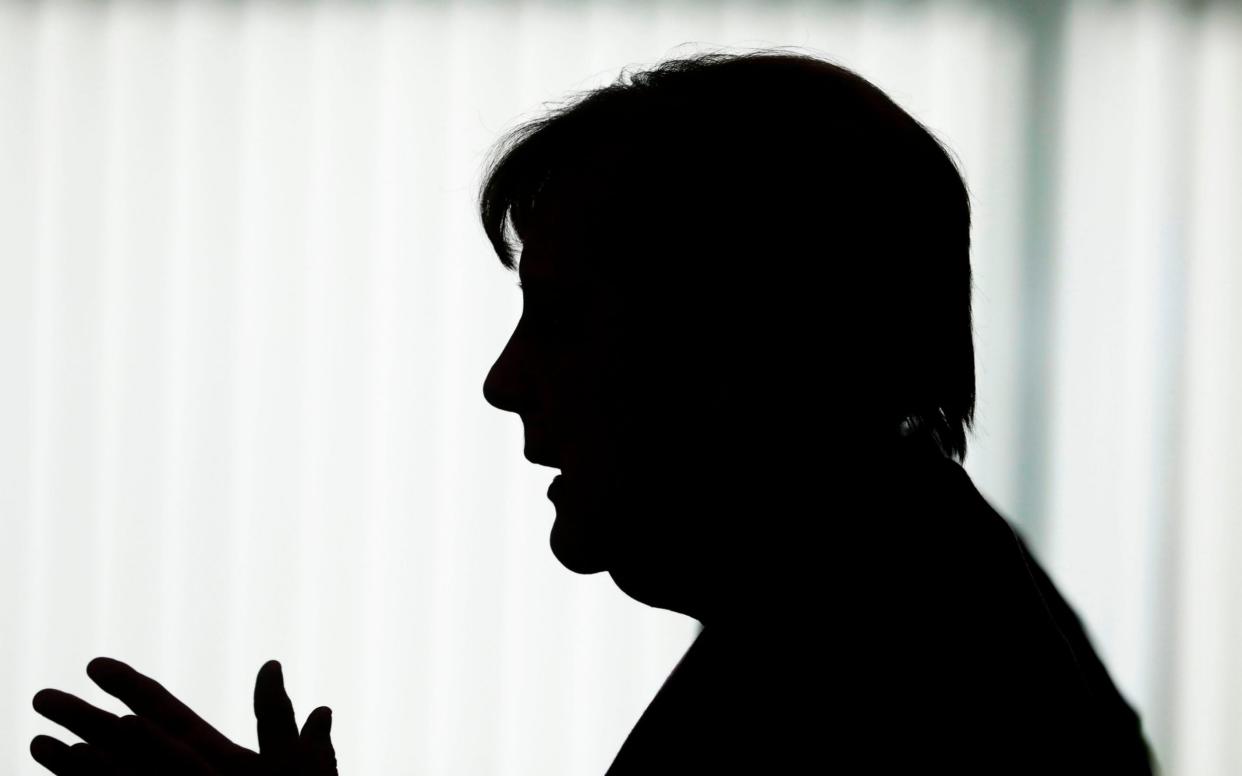Merkel sidelined as German regions lift lockdown

Angela Merkel has been largely sidelined from discussions on ending the coronavirus lockdown in Germany after regional governments vowed to go their own way.
Since the beginning of the crisis Mrs Merkel, the German chancellor, has worked to build a national consensus on tackling the virus.
But under Germany’s federal constitution it is the 16 regional state governments who have the final say on lockdown measures, and this week they moved to reassert their control.
They effectively tore up a plan put forward by Mrs Merkel for gradual further loosening in June, instead announcing they would each implement their own measures.
“The responsibility now lies with the regional prime ministers and district councils,” Winfried Kretschmann, the regional leader of Baden-Württemberg, said. “No further discussions are planned with the chancellor.”

There is still no sign of a second wave more than six weeks after Germany began loosening its lockdown, and many regional leaders have grown impatient with Mrs Merkel’s cautious approach.
Authorities in the eastern state of Thuringia have gone so far as to suggest they could end lockdown completely when the current rules expire next week — though the regional government has since backtracked.
Mrs Merkel opened the way for this week’s move when she chose not to hold her regular video conference with regional leaders.
She has used previous rounds of talks to persuade and cajole the state governments into signing up to a national lockdown regime.
But the discussions have been fraught and Mrs Merkel appears to have tired of the endless bickering, reportedly telling aides she “didn’t want to put herself through that again”.

Instead she ordered her chief of staff, Helge Braun, to hammer out a new set of measures with the regional governments.
After days of talks the states rejected most of Mr Braun’s proposals and announced they intended to make their own rules.
Germany has already lifted most of its lockdown restrictions, allowing schools, shops, restaurants and hotels to reopen.
Following the collapse of talks, Bavaria announced it will allow theatres and cinemas to reopen. Baden-Württemberg said it will allow public events for up to 100 people.
In the eastern state of Brandenburg, private parties of up to 50 people will be permitted provided social distancing is observed.
Germany now faces a patchwork of different regional regulations, and there are already signs of discord between the state governments.
Bavaria threatened unspecified “measures” after the neighbouring state of Thuringia said it would consider ending all lockdown measures next week.
"Anyone who thinks corona is slowly disappearing is at best naive," Markus Söder, the Bavarian regional prime minister, said. "Corona remains deadly."
The Thuringian authorities have since backtracked, suggesting social distancing and a facemask requirement on public transport and while shopping could remain in force.


